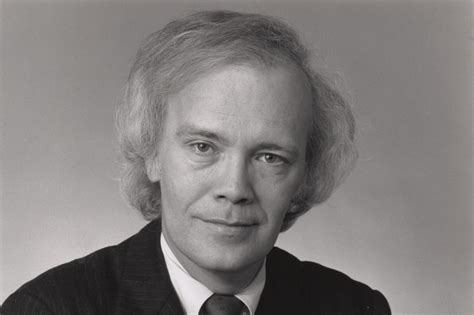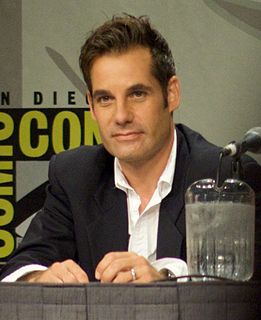A Quote by Ben Huh
The Internet is far more engaging as an interactive medium than broadcast. Barriers to creating content are going away; they're almost gone. People are taking control of their entertainment. People are Tweeting, posting on Facebook and YouTube.
Related Quotes
Video is growing very quickly on Facebook. A lot of people compare that to YouTube. I think that kind of makes sense. YouTube isn't the only video service, but I think it's the biggest, and it probably makes more sense to compare Facebook video to YouTube rather than Netflix because that's a completely different kind of content.
Most kids come home from school. They don't go to their TVs first. They go to the Internet. They check their emails, or some blogs, or some sites. Then they go watch TV. Other people are at work all day 9-5 in front of a computer. They see certain clips. We're not going to hide the fact that people use the Internet. We're going to try to be as interactive as possible with our fans. I'm currently on Twitter and Facebook and Flicker and Dig. I'm on all that stuff.
I think the tools were always available, for decades and decades, to make your own film and be creative. I don't think people had to wait for YouTube to do this type of small project. YouTube, I think it's great. I have this idiotic satisfaction. And I think there's a bit of that in YouTube. You share, true, but it's centralized, and it's already sort of controlled. I'm more for something that's not a centralized medium. Like doing your own film and screening it yourself. You cannot control people doing that.
More and more people are watching entertainment on their phones. On a plane or on a train, or whatever, you see people with their headphones and they're looking at their iPhone or their Galaxy. You're reducing a medium that's meant to be seen on your 65-inch plasma screen at home for your 4-inch monitor on the train. People are ready to do either, and the content has to work on both.
I am far more of a loner than people would imagine. But I am the most gregarious and socially interactive loner you ever met. The thing is, I am fascinated by people's stories and I'm very talkative and can't ever say no to anything or anyone, so I tend to over-socialize, to give away too much of my time to the many people I adore.
Much as being active in the antislavery movement of the last century involved more than not engaging in slavery oneself, so joining in an antiviolence movement has to go beyond opting for nonviolence in one's personal life. It calls for engaging in imaginative and forceful practices of nonviolent resistance to violence, including taking a stand toward entertainment violence.


































